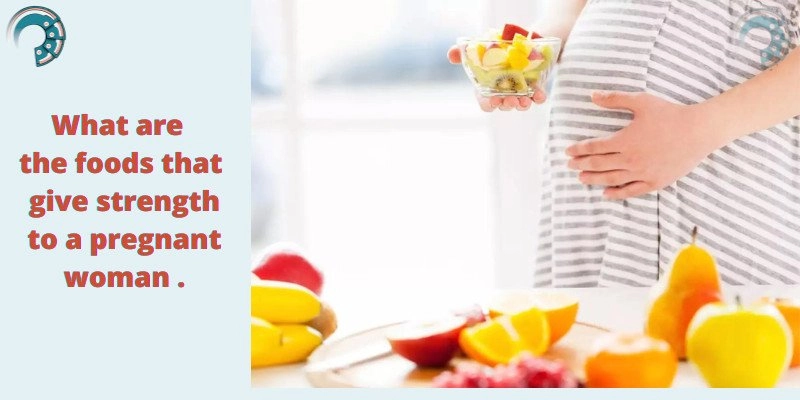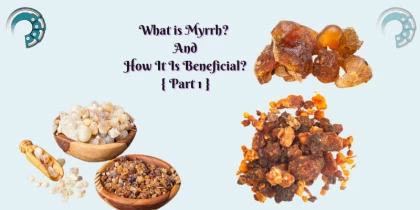
What are the foods that give strength to a pregnant woman
A healthy pregnancy diet is important for both mom and baby, as what a woman eats and drinks during pregnancy is her baby's main source of nourishment. Experts recommend that a mother-to-be's diet should include a variety of healthy foods and beverages to provide the important nutrients a baby needs for growth and development. Good nutrition during pregnancy, and enough of it, is very important for your baby to grow and develop. You should consume about 300 more calories per day than you did before you became pregnant.
Although nausea and vomiting during the first few months of pregnancy can make this difficult, try to eat a well-balanced diet and take prenatal vitamins. Here are some recommendations to keep you and your baby healthy.
Strengthening foods for a pregnant woman :
Broccoli :

Broccoli contains many of the nutrients pregnant women need. These include fiber, vitamin K, vitamin C, vitamin A, calcium, potassium, iron, folate, and potassium. Furthermore, broccoli is rich in antioxidants. They also contain plant compounds that enhance the immune system and digestion. Due to their high fiber content, these vegetables may also help combat constipation which is a very common problem among pregnant women. So, include broccoli in your diet in form of salads, soups, stir fry or bake them.
Eggs :

Many people develop aversions to the meat while pregnant. Eggs are an excellent alternative protein source since they contain all the essential amino acids your body needs, says Hattner.
There's nothing better for a quick dinner than an omelet with lots of chopped vegetables and a bit of cheese. If cooking aromas make you feel sick, hard-boil a batch of eggs to keep on hand in the refrigerator: Eat them whole for grab-and-go breakfasts and snacks or chop them up into green salads.
Complex carbohydrates :
Redefine it by choosing healthy complex carbohydrates that nourish your baby and fuel your energy needs.
Check out this list of healthy carb options that reads like the roster of a nutritional all-star team :
- Fresh fruits
- Dried and freeze-dried fruits
- Fresh vegetables
- Whole-grain bread, crackers, and cereals
- Baked potatoes (with skins on)
- Dried beans and peas
Leafy Greens :
Spinach has high folate and iron levels, and kale and turnip greens are both excellent sources of calcium. Increase the nutrient value of your salads by passing up a traditional iceberg in favor of darker-colored lettuces (the deep colors signal higher vitamin content). You can also add greens to a sandwich or stir them into soups and pasta dishes.
Beetroot :
Beetroot is rich in folic acid, which is vital for tissue growth and development of the fetal spinal cord. Consuming sliced or juiced beetroot can substantially help in minimizing the risks of birth incongruities such as spina bifida. Beetroot has intense antioxidant properties that are necessary for enhanced immunity. It contains trace amounts of betalain, which acts as a powerful anti-inflammatory agent. Consuming beetroot juice can boost your physical stamina and also helps in maintaining your blood pressure which further aids in easy delivery.
Nuts and Nut Butters :

Fat is crucial for your baby's brain development and helps you feel fuller longer. Replacing some saturated fats (such as those found in meat and butter) with heart-healthy unsaturated fats, like those found in nuts. But because they are high in fat and calories, stick to 1-ounce servings of nuts and 2-tablespoon servings of nut butter.
Some health guidelines are used to encourage pregnant people with a history of allergies to avoid nuts during pregnancy to avoid raising the baby's risk of food allergies.
Dried Fruit :
Dried fruit is a tasty, portable snack that's especially helpful when you're craving something sweet. Choose dried fruits such as apricots, cherries, and cranberries Look for varieties with low or no added sugar.










